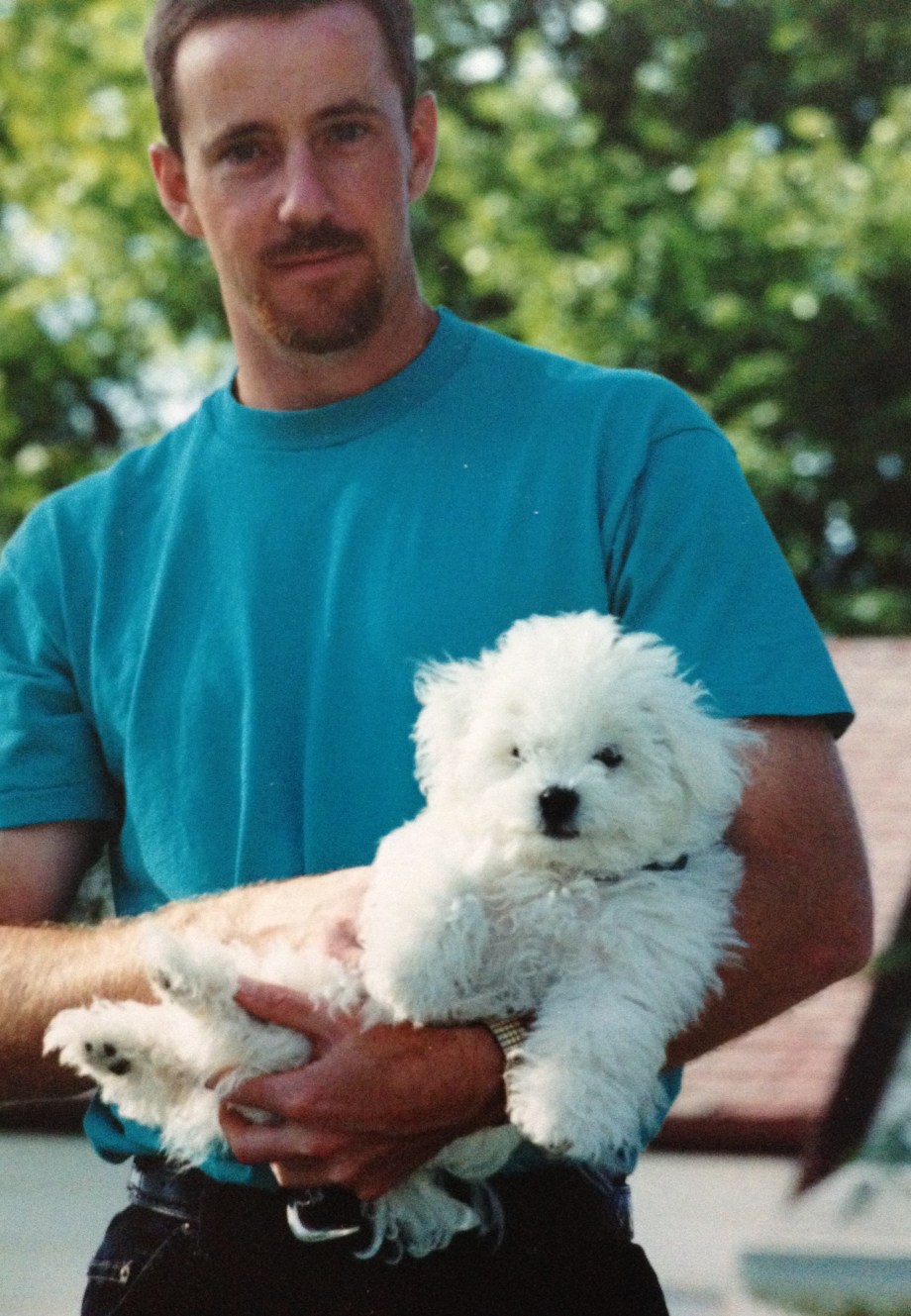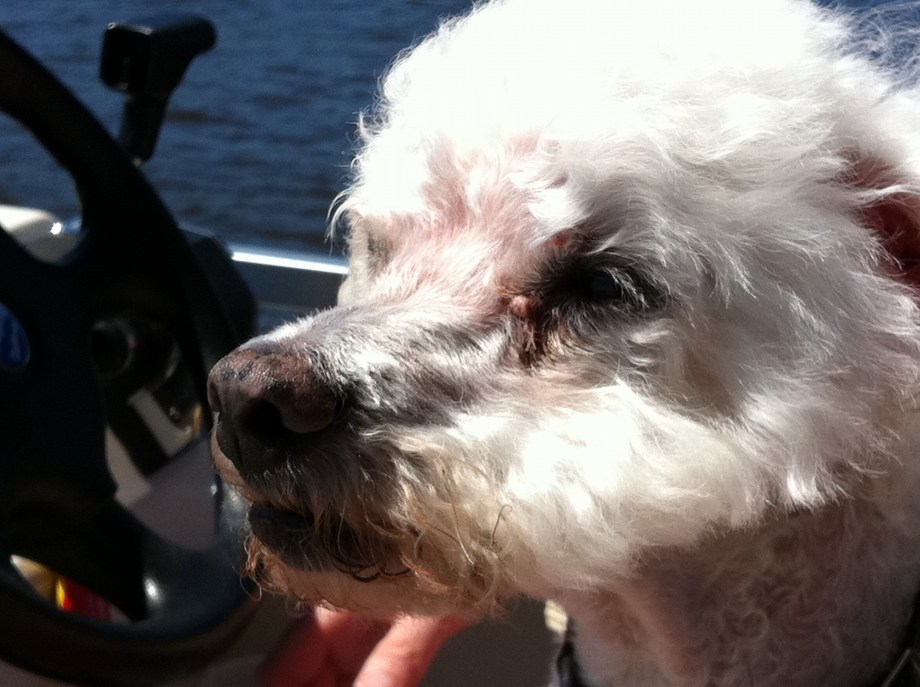Last week, our entire company — 400 of us now — gathered in Park City, Utah for our annual Grand Meetup. And grand it was.
Park City is stunningly beautiful. The weather was well above normal — in the mid-20s, Celsius. We were treated to bright blue skies almost every day.

I learned so much and had such a wonderfully inspirational time, that I’m still processing the experience. I got the chance to co-work with many of my team members and others within the company during the week. We hatched some great ideas. I enjoyed fantastic conversations with smart people. I met many new friends and reconnected with old ones. (I actually keep a list of people I want to make sure that I connect with during the week. That list gets longer every year!)
One of the beautiful things about Automattic is that there are no invisible social barriers. At a meal table, everyone is welcome. The conversation might start with, “tell me about your role at Automattic,” and then quickly migrates to hobbies, interests, and passions. I learned about nomadic life, took notes on new books I need to read, had a fascinating conversation about social prejudices online, learned others’ Automattic origin stories, discussed books, sat in awe of Automatticians jamming, took an epic bike ride and gutted out some crazy inclines, got some new ink, ran four miles on the mountain, bonded with flash talkers over similar experiences, almost bit through my lip trying not to burst into tears during my own flash talk, witnessed the musical talents of Automatticians on stage, and danced along with the Jane Doze at the 10th Anniversary Party. Note to self: never ever book a 7:30 a.m. return flight again. You miss out with a 4:30 a.m. wake-up call.

Just getting the chance to talk to others, to learn more about them, and their lives outside Automattic expands my heart and mind. This past week reminded me once more, of just how lucky I am.
Oh by the way? We’re hiring.








